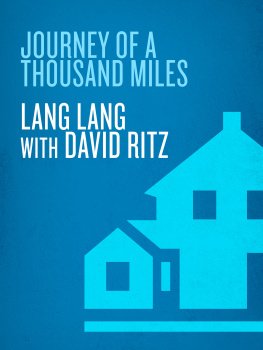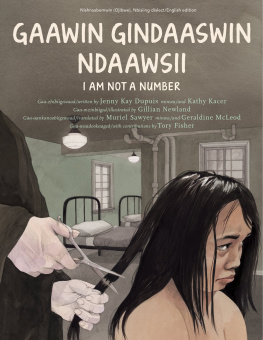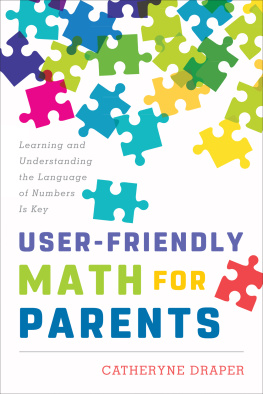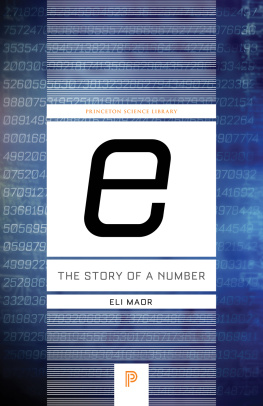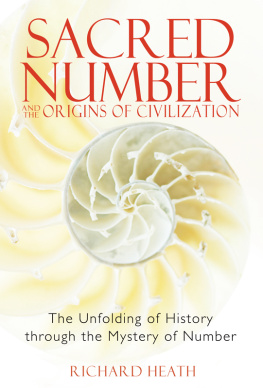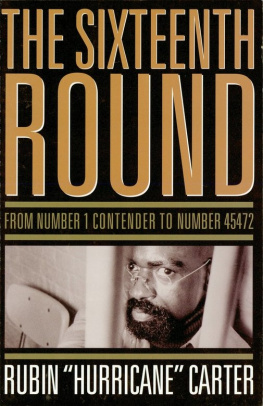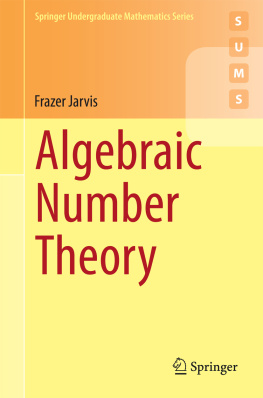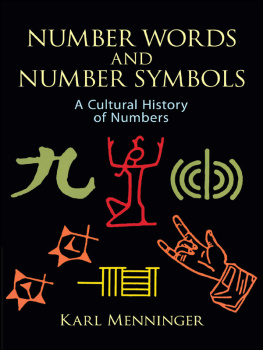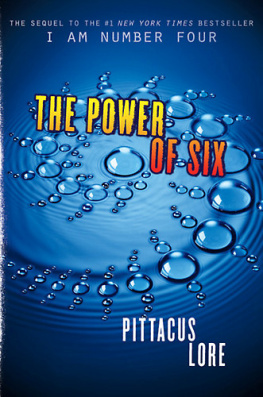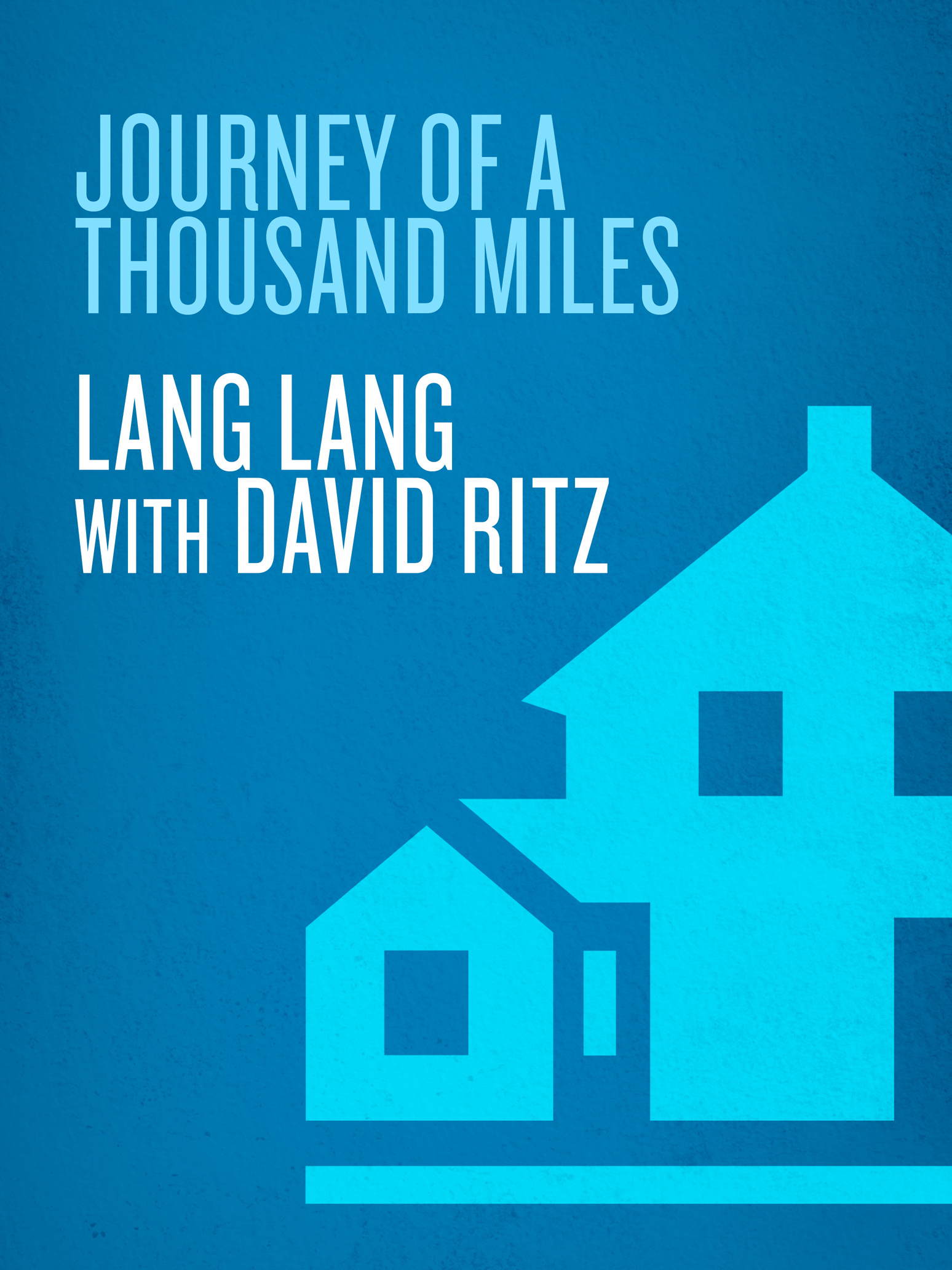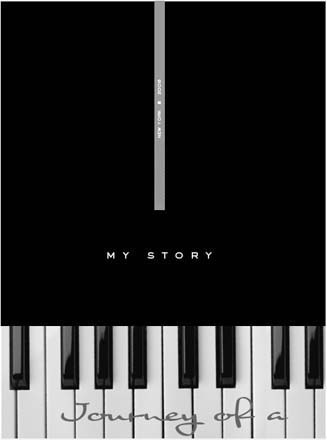
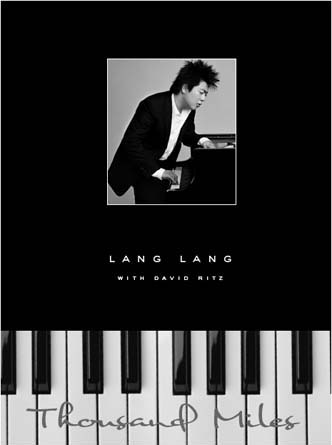
For my mother and father
A journey of a thousand miles begins with a single step.
Lao-tzu, The Way of Lao-tzu
Chinese philosopher (604531 B.C. )
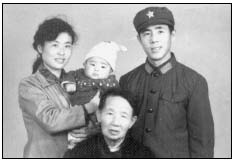
MY PARENTS, MY MATERNAL GREAT-GRANDMOTHER, AND ME
Introduction
I n my mind, I heard music as my mother held me in her arms, a sad melody that I can no longer remember. She was saying goodbye. I was nine years old, and I could not imagine life without hershe was the world to me. She was returning to Shenyang, and I would be staying with my father in Beijing. Shenyang was home, filled with people I knew and loved. Beijing was cold and lonely, an immense urban landscape of endless crowded boulevards. It was a city where I didnt know anybody.
A slim woman with curly hair and big dark eyes, my mother always smiled when she looked at meeven her eyes smiled. But now her face was wet with tears. I prayed she wouldnt leave.
Enough, my father told her. It is time that you go. Let the boy be. All this sentiment makes him weak.
I know youre right, Lang Guoren, my mother said, sobbing. But this is going to be hard on him. Hes a sensitive child.
He will do what he has to do. We all will.
I clung to my mother as she moved toward the door.
My father pulled me away.
The door opened.
My mother left.
Go practice, my father told me. Weve wasted enough time today.
M usic opened up the world to me, a boy from the outskirts of industrial China who today performs in a different country every week and who has no actual home, only the homes of my heart: China, my beloved motherland; Europe, the land of my musical heroes; and the United States, the land that transformed me and led me into adulthood.
Music, my primary language, is the worlds universal language, yet each country speaks its own dialect. The West and the East may share much of the same technology, art, sports, fashion, and culture, yet their differences remain vast. Because of cultural expectations, even the same music can sound different here and there. In the West, classical music is an old-fashioned art superseded by rock, hip-hop, and other pop forms that speak to the young. Yet in China, a country closed off to the West during the Cultural Revolution of the 1960s and 70s, classical music is considered the new fashion. Every time I play a concert in China, 90 percent of the audience is younger than twenty years old. When I give a master class there, some families sleep on the sidewalk in order to get a seat, like teenagers do here for rock concerts. Kids in China are learning classical music, and loving it, in staggeringly high numbers. Fifty million kids in China study music, and of them thirty-six million study piano. Every public school has music classes, and half the songs the students learn come from the West. Sales of pianos are falling in the United States, but sharply rising in China.
Chinas love for classical music can often be naive. Theres a joke I like to tell about a group of record producers who greeted the pianist Vladimir Ashkenazy in their boardroom to discuss a new recording of Chopins waltzes. The producers sat silently until Ashkenazy asked if they should begin the meeting. Shouldnt we wait for the composer? one of them asked. It makes me happy that Chinese piano students feel that classical music is so current and relevant. When a young person says to me, Hey, Lang Lang, I know that youre on Deutsche Grammophon. I see that Mozart has a deal on that label too, Im happy. I love the idea that the kid thinks that Mozart is alive and well. Somebody also asked me whether Beethoven plays better piano than Elise or whether Elise plays better than Beethoven (Beethoven wrote a piece called Fr Elise). I answered, What do you think? I dont mind when a Chinese audience claps in between the movements of a concerto instead of waiting till the end. The love of the music is more important to me than traditional etiquette.
As I travel, Im constantly asked questions about my music, about my childhood, and about bridging the gap between East and West. The easiest way for me to answer those questions is through my story.
My story is music: classical music, Chinese music, the music that I hear in my head
My story is China: ancient China, modern China, the very spirit of China, my motherland
And my story is also the West, my other home, which has welcomed me and shaped my life as an adult.
It all began when my parents discovered that I had a mind for music.
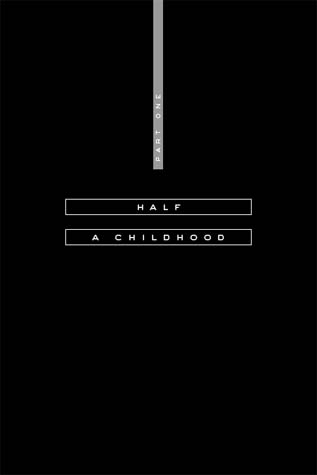
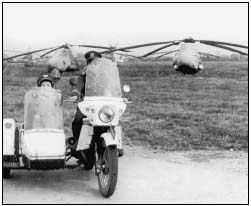
RIDING IN MY FATHERS SIDECAR ON THE AIR FORCE BASE
Revolution
T he Cultural Revolution, which spread over a decade beginning in 1966, had an enormous impact on practically every person in China. I was born on June 14, 1982, some six years after the Revolution had ended, and I still felt its enormous reverberations. The Revolution was a large-scale, society-wide social and political upheaval in which all students and intellectuals, including musicians and artists, were sent away from the cities to labor on farms and learn from the peasants. Millions of professionals were forced to leave their homes. China was to be self-reliant and was closed to the West.
When I was around seven years old, I began asking my mother questions about our familys past. One night, while my father was at his job policing the nightclubs and entertainment district of Shenyang, and after I had completed my long practice session on the piano, my mother sat down next to me, handing me slices of fresh oranges and a glass of cool water. It didnt take much prodding to get her to start talking about her youth.
I loved listening to my mothers stories. Because she had been a singer and an actress at her school, she spoke theatrically, with bubbly enthusiasm and great dramatic pauses. As she told me the story of her life, and my fathers, and how their lives intertwined, music in my head accompanied each taleever since I can remember, I have had a kind of soundtrack playing in my head, accompanying my lifes most memorable moments. I heard tudes and concertos, sonatas and great symphonies. I heard the harmonies and counterpoints. I heard the action of the music. To me, music was action. And my parents lives were action packed, the stuff of drama and thrilling music.
Music, said my mother, was an early love in my life. Music always lifted my spirits and brought me joy.
Mom told me how, when she was four, her parents moved the familyher and her three brothersfrom Dandong on the coast of North Korea to Shenyang in the north of China, where her father worked as a highly skilled technician in an iron plant and her mom became a bookkeeper. Her grandfather loved to sing songs from the Peking opera, so music filled the house.

